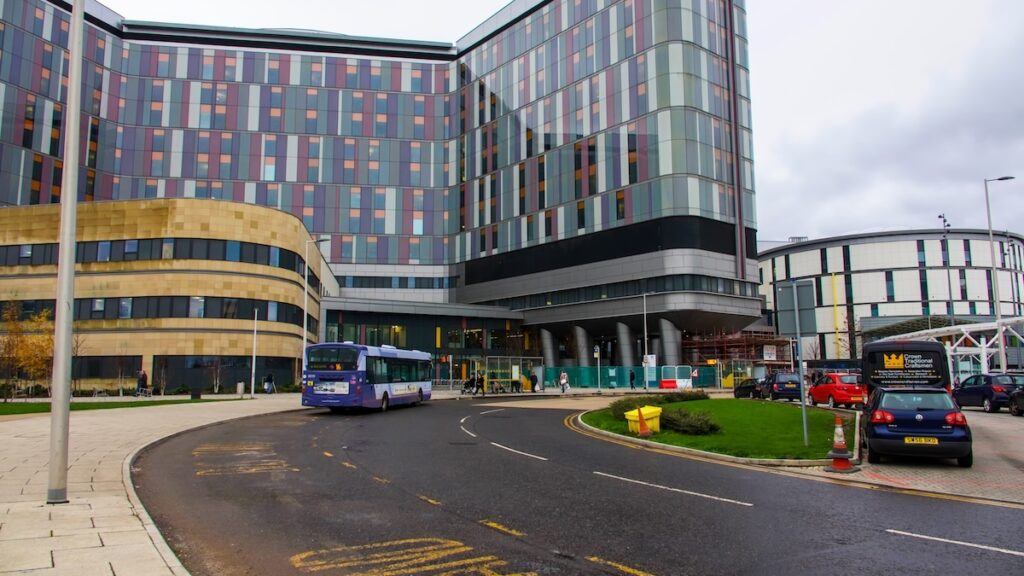Plans for ‘Scotland’s largest virtual hospital’ represent the beginning of a tech revolution in how the country delivers better healthcare to the population, a formal NHS innovation partner insists.
With NHS Greater Glasgow and Clyde (NHS GGC) and digital health company Doccla partnering on the launch of 1,000 virtual ward beds – enabling patients to receive hospital-level care at home – InnoScot Health insists this plays “a crucial role in ambitions to increase capacity right across the country”.
The programme leverages Doccla’s real-time remote monitoring technology, enabling patients to be looked after at home.
Executive Chair of InnoScot Health, Graham Watson said: “This is undoubtedly an important, proactive step towards a better NHS, aimed simultaneously at improving care, freeing up hospital capacity, and reducing pressure on a strained system.
“The potential benefits of this cutting-edge, innovation-driven step also go much further – from the provision of continuous care and safer management of chronic conditions to faster recovery times, enhanced patient engagement, and streamlined workflows.
“NHS Scotland’s new ability to tap into the real-time data insights, which virtual hospital wards offer, while lowering strain on clinicians is both a powerful tool for staff and an empowering, reassuring reality for their patients who increasingly seek greater independence.”
For those considered to be safe within their own home, the project aims to shift the focus of care away from acute settings and into the community, providing clinicians with detailed digital information through apps and remote monitoring that can improve their decision-making.
NHS GGC and Doccla say their partnership “will create a new benchmark for virtual hospital care, aligned with Scotland’s Digital Health and Care Strategy”.
Doccla’s technology will be integrated with NHS GGC’s flow navigation centre – “a multi-disciplinary hub” which allows clinicians to assess and treat patients remotely.
As part of a three-year strategic programme, a phased approach to implementation is expected to commence this summer.
Chief Executive of NHS GGC, Prof Jann Gardner said the partnership would “allow us to deliver the right care in the right place for our patients, helping us to transform and develop our NHS now and into the future.” In June last year, the Scottish Government announced that it would invest £3.6 million for its Hospital at Home initiative for older people in 2024-25, bringing total funding allocation for the initiative to over £15 million since 2020.
Then in January this year, First Minister John Swinney pledged to expand the Hospital at Home initiative by at least 2,000 beds before the end of 2026, stating that “without the need for any new bricks and mortar, the effective capacity of every single hospital in Scotland will be expanded”.
Watson said: “Involving patients in their own care decisions and enabling clinicians to take informed actions more quickly is a natural step forward for tomorrow’s innovative approach to healthcare. That can only lead to further insights and more breakthroughs from an inspired NHS Scotland workforce.”
